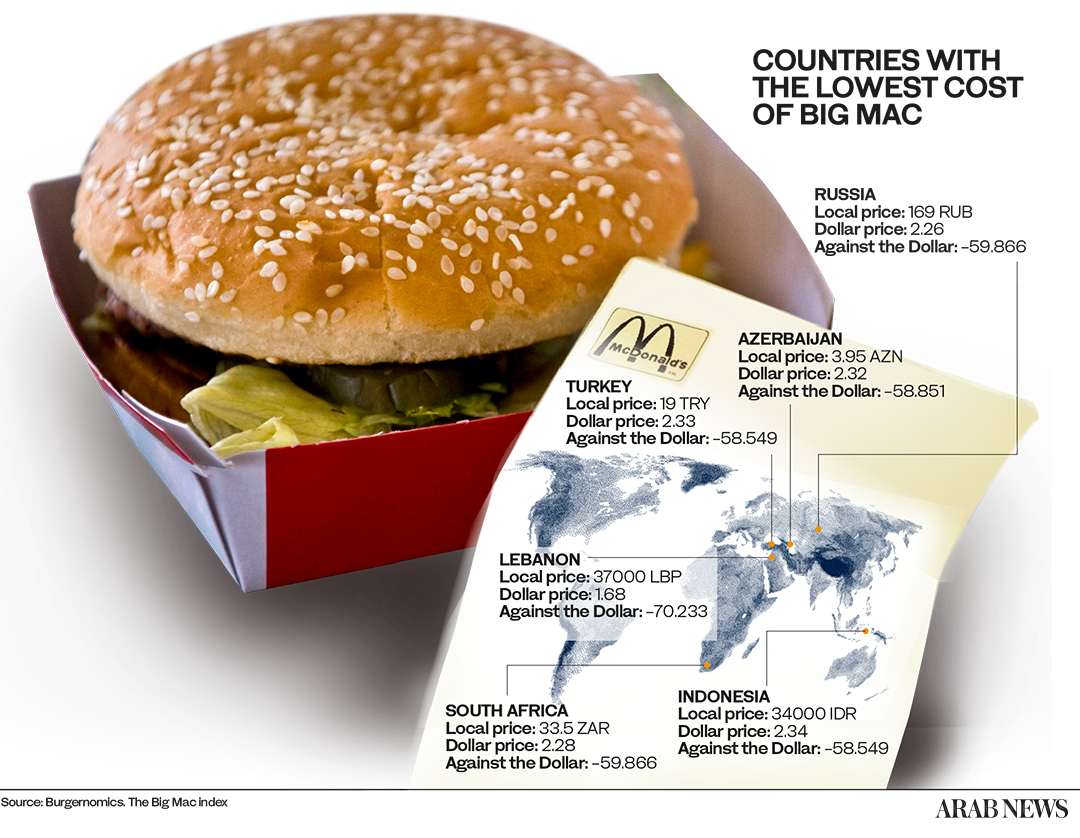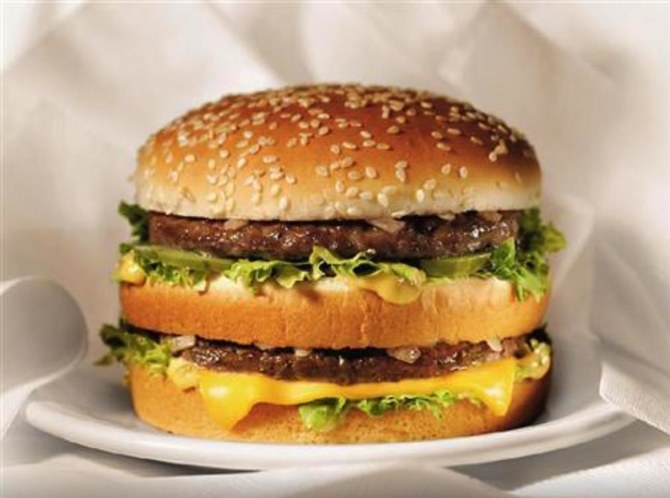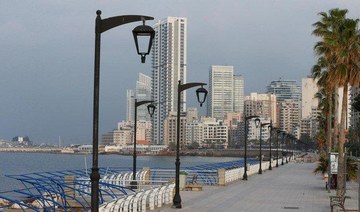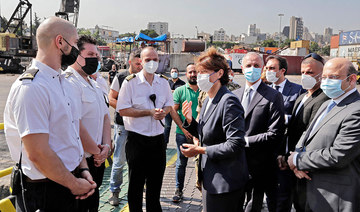RIYADH: Lebanon is home to the world’s cheapest Big Mac after the pound slumped in value, leaving it more than 70 percent undervalued against the US dollar, according to the Economist Intelligence Unit.
At 29,904 Lebanese pounds, a Big Mac is not cheap for those being paid in local currency, but with an exchange rate of 17,800 to the dollar, it costs just $1.68 for tourists and those lucky enough to get paid in dollars.
The slump in the Lebanese pound is exacerbating and accelerating inflation on a basic basket of goods, such as rice, sugar and flour, on a daily basis, said Lebanese economic analyst Bassel Al-Khatib.

Most people are paid in the local currency in Lebanon, where the national minimum wage stands at 675,000 Lebanese pounds per month, which was once worth almost $450 at the official exchange rate, but today barely fetches $30 on the black market, according to the Crisis Observatory at the American University of Beirut (AUB).
The Observatory said the cost of food has soared by 700 percent over the past two years, and this increase had picked up pace to 50 percent in the past few weeks alone.
Most Lebanese people are getting poorer on a daily basis, pushing some of them to sell their gold, cars and even furniture to survive, while others wait for US dollar transfers from their relatives abroad, or wait for civil society aid, Al-Khatib told Arab News.
This is all reflected in Lebanese social media, which is flooded with donation requests for new-born baby milk and medications that are not available anymore in the markets or are sold for extremely high prices. There are also numerous donation requests for people in need of food.
At the same time, others are sharing their expensive restaurant bills, such as Babel Baher who spent 5 million Lebanese pounds on a meal and posted the cheque on Facebook.
“$250 is almost nothing for someone coming from abroad,” a Facebook user called Rania wrote under the post. “This is a very cheap bill for someone who has US dollars and this dinner is not expensive at all compared to abroad.”
Al Khatib said that those paid in US dollars are living an affordable life with only $300 out of their salaries while before they needed $3,000 to have the same quality of life.
“The patchwork policies to support some commodities is not helping as all commodities that are subsidized are smuggled, ” said Al Khatib.
The country’s mismanagement with no plan or economic vision to save Lebanon from its worsening crisis, led us here, and there are no positive prospects as long as there are no radical solutions in the country, he said.





















